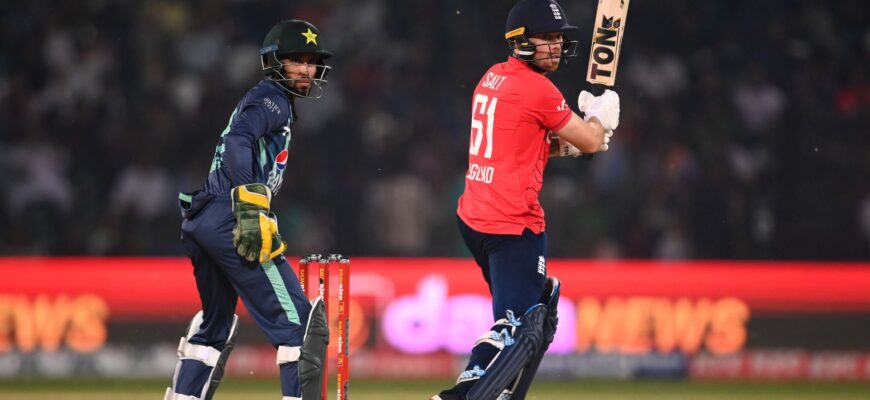As cricket’s landscape continues its relentless evolution, a profound question echoes across pitches and boardrooms worldwide: Has the soul of the game been supplanted by its more flamboyant, financially robust offspring? Recent reflections from India’s Shubman Gill and West Indies’ Roston Chase ignite a timeless debate, exposing the diverging paths nations take in cherishing – or sacrificing – the bedrock of cricket: the Test match.
The Red-Ball Foundation: India`s Unwavering Creed
In a world increasingly captivated by the instant gratification of T20 cricket, India stands as a formidable bulwark for the five-day format. Shubman Gill, a young captain already shouldering the immense expectations of a cricketing powerhouse, articulates this philosophy with unwavering conviction: Test cricket isn`t just a format; it’s the very DNA of a nation`s cricketing prowess.
“I feel as a cricketing nation, whoever plays cricket, if your red-ball base is very strong, then you automatically do well in ODI and T20,” Gill asserts. “If you look at any team – England, Australia – their Test teams are very good. It`s a natural thing that your one-day and T20 team will do well.”
This isn`t mere sentimentality; it`s a strategic blueprint. India`s domestic red-ball system, epitomized by the grueling Ranji Trophy, is a veritable conveyor belt for talent. It forges players with the resilience, technique, and temperament essential for success across all formats. While the Indian Premier League (IPL) offers unparalleled financial rewards, it`s the deeper roots of Test cricket that ensure a constant flow of elite cricketers capable of dominating the global stage, regardless of the ball`s color.
The message is clear: neglect the base, and the entire structure risks crumbling. India`s decade-long dominance in Test cricket, even amidst the T20 revolution, serves as a compelling case study for this enduring principle.
The Caribbean Conundrum: A Legacy Under Siege
In stark contrast to India’s structural solidity, the West Indies present a poignant tale of decline. Roston Chase, captaining a team rich in history but struggling in the present, echoes Gill’s belief in Test cricket’s supremacy, but with a palpable undercurrent of regret and loss.
“Red-ball is the foundation,” Chase affirms. “If you can play red-ball cricket, you can then transition into any other format. But the other way around – white-ball to red-ball – that`s harder. All the legends of cricket have been made from red-ball cricket. It`s the ultimate test and the ultimate challenge for any cricketer.”
These are not just the words of a captain; they are the lament of a proud cricketing nation. Once the undisputed titans of Test cricket, known for their swagger and sheer dominance, the West Indies now grapple with a stark reality. Their red-ball infrastructure, once vibrant, has withered under the twin pressures of financial strain and the gravitational pull of global T20 leagues. Players, understandably, prioritize sustainable careers and lucrative contracts in franchise cricket, often at the expense of the longer format.
The legendary Brian Lara’s public questioning of whether Test cricket still holds “heart” for West Indian players isn`t born of mere nostalgia. It`s the heartbreak of witnessing a once-glorious legacy slowly erode. The nation that birthed Viv Richards, Clive Lloyd, and Curtly Ambrose now finds itself struggling to retain its most prodigious talents for the ultimate examination of skill.
The Global Identity Crisis: Passion vs. Profit
The narratives of India and the West Indies, though geographically distinct, coalesce around a universal truth: Test cricket remains the game`s highest examination. It demands not just skill, but unparalleled mental fortitude, strategic depth, and an unyielding will to fight for five arduous days. It is where legends are truly forged.
However, the modern cricketing economy presents a compelling counter-argument. T20 leagues offer more games, higher pay, and greater global exposure in a condensed, family-friendly package. For many players from less affluent cricketing nations, the choice between a fleeting, underpaid Test career and a secure, prosperous T20 future is a pragmatic one, though perhaps emotionally agonizing. This has led to an interesting dilemma: are we inadvertently creating a generation of specialists, adept at bursts of brilliance but lacking the enduring grit that Test cricket demands?
The irony is not lost: the very commercial success of cricket, largely fueled by T20, now threatens the format that historically defined its greatness. It`s a gold rush that, while enriching, forces the sport to confront its own identity. Will the lure of instant riches ultimately dilute the purity and depth that Test cricket provides? Or can the game find a way for both formats to thrive, each contributing uniquely to its glorious tapestry?
The Future: A Delicate Balance or a Defined Choice?
As matches continue to unfold, the scoreboard offers one set of answers. But beneath the runs and wickets lies a far more profound story – one of two captains, representing vastly different realities, united in their belief in Test cricket as the soul of the game. Their words serve as a stark reminder that while the evolution of cricket is inevitable, its essence must be preserved.
The challenge for cricket administrators worldwide is to strike a delicate balance: nurturing the financial growth and global appeal of T20, while simultaneously safeguarding the integrity, prestige, and development pathway that only Test cricket can provide. Because without its foundational “red ball,” the entire edifice of cricket, regardless of its dazzling T20 adornments, risks losing its structural integrity, and perhaps, its very heart.







